Walking in the rain underneath an umbrella can be a joyous thing, that is, unless the umbrella has a hole and you end up sopping wet. Having a pool within your managed community can also be a wonderful thing, until a catastrophe happens, and you realize you aren’t fully covered.
Why is it important to have the right amount of coverage? It all comes down to one word: liability. Liability isn’t a word that makes people think happy thoughts. From a legal standpoint, liability is often associated with lawsuit. When your community is involved in a lawsuit, it could damage its reputation, disrupt the association’s budget, and lead to a loss of the pool. Nobody wishes for slips, drownings, or other pool related accidents, but they are bound to happen to someone, and when they do, you’ll want to ensure you have adequate HOA insurance coverage.
A community pool is usually covered under a general property policy, which typically covers damage to the pool, and a general liability policy, which provides coverage for unfortunate accidents that happen around or in the pool. However, to avoid a gap in insurance coverage, you may choose additional coverage options such as an excess liability policy or umbrella policy.
Making Sure You Are Properly Covered
When it comes to amenities within a managed community, swimming pools are often the most desired. But any association knows that pools come with great cost and that measures must be taken to protect such a large investment.
To best protect your pool and ensure you are properly covered, you might want to consider the following suggestions:
- Be clear about what you need covered. A broker can’t recommend proper coverage if they aren’t aware of what you need covered. When discussing coverage, inform them of the size and quantity of the pools in your community as well as any additional pool features such as diving boards, locker rooms, or slides. Pool amenities, as fun as they are, come with liabilities, making it important to be thorough when listing the features of each pool.
- Request your broker meet with you on-site. Not all brokers are able to visit each of your properties, but if they are local, you may want to request they meet with you on-site to get a better idea of what you need covered and how much coverage you need.
- Understand what laws and ordinances you need to abide by. To ensure your coverage is validated, make sure you are aware of and understand the ordinances and laws regarding your pool. This includes any local, state, and even federal laws. Knowing what laws are in place will help you to account for the liability your community should expect.
Minimize Liability
Reducing liability for your community will be the number one thing you can do to protect your community from dangerous and drastic losses in legal proceedings. There are several small steps and easy processes you can implement to minimize the liability your community would be responsible for in the event of an accident.
- Keep safety and pool cleaning equipment easily accessible. Life preservers, retrieval poles, and surface skimmers should all be mounted in a way that can be easily viewed and accessed.
- Install a self-locking gate. A simple gate can make quite a difference in protecting the pool and reducing liability. The gate will keep unintended users from the pool, reduce possible damage and liability, as well as increase the safety of the community pool area. Keyed entry access can help control who has access to the pool and monitor their use. A self-locking gate system can also ensure nobody can access the pool during closed hours.
- Perform regular safety inspections. This process helps eliminate safety hazards and damage to the pool and its surrounding area and helps reduce liability. The pool should also be checked properly after remaining closed during the cold season.
- Keep up with health and safety regulations. The HOA and government both have requirements when it comes to pools and health and safety. Make sure you keep up with current regulations as they can change from season to season.
- Appoint a pool committee. Maintaining a pool takes a lot of responsibility and your association’s board might find it beneficial to appoint a pool committee that will take care of making sure local and state regulation are kept, HOA community members are aware of the pool rules and follow them, liability concerns are addressed, and inspections are made and passed. The pool committee can help to manage insurance coverage, keep up on policies, and make necessary coverage updates as needed.





